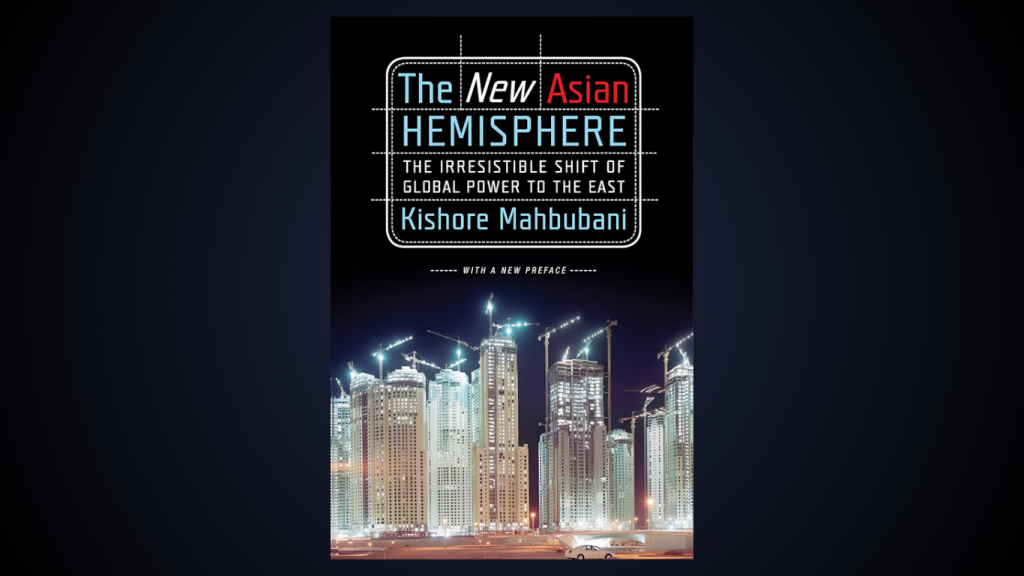
Mahbubani’s ‘The New Asian Hemisphere’ Critique: Examining Oversimplifications in Global Power Shifts.
Written By; Foreign Analysis – Sep 11, 2023
Kishore Mahbubani’s book, “The New Asian Hemisphere: The Irresistible Shift of Global Power to the East,” has garnered attention for its exploration of the rising influence of Asian countries in the global arena. However, this article aims to provide a critical analysis of Mahbubani’s arguments and assertions in the book.
One of the key criticisms of Mahbubani’s book is his tendency to oversimplify the complex dynamics of global power shifts. While he argues that the East, particularly Asia, is on an unstoppable rise, this perspective overlooks the nuanced and multifaceted nature of international relations. Global power is not a zero-sum game, and the West still maintains significant influence and capabilities.
Additionally, Mahbubani’s book has been criticized for its somewhat deterministic view of Asia’s rise. It implies that the ascent of Asian countries is predestined, underestimating the role of agency and policy decisions in shaping the global landscape. The book’s deterministic approach may downplay the challenges and complexities that Asian nations face on their path to greater influence.
Furthermore, Mahbubani’s emphasis on the cultural and historical factors behind Asia’s rise oversimplifies the diverse range of cultures and histories within the continent. It can be argued that culture alone is insufficient to explain the complexities of global power dynamics.
Moreover, critics have pointed out that the book does not adequately address the potential downsides and challenges of Asia’s rise, such as geopolitical tensions or issues related to governance and human rights. It tends to present an overly positive view of Asia’s future role in the world.
In conclusion, while Kishore Mahbubani’s “The New Asian Hemisphere” offers valuable insights into the changing dynamics of global power, it is not without its critiques. Its simplification of complex issues, deterministic viewpoint, cultural focus, and lack of attention to potential challenges make it necessary to approach the book with a critical eye and consider a broader perspective on the topic of global power shifts.